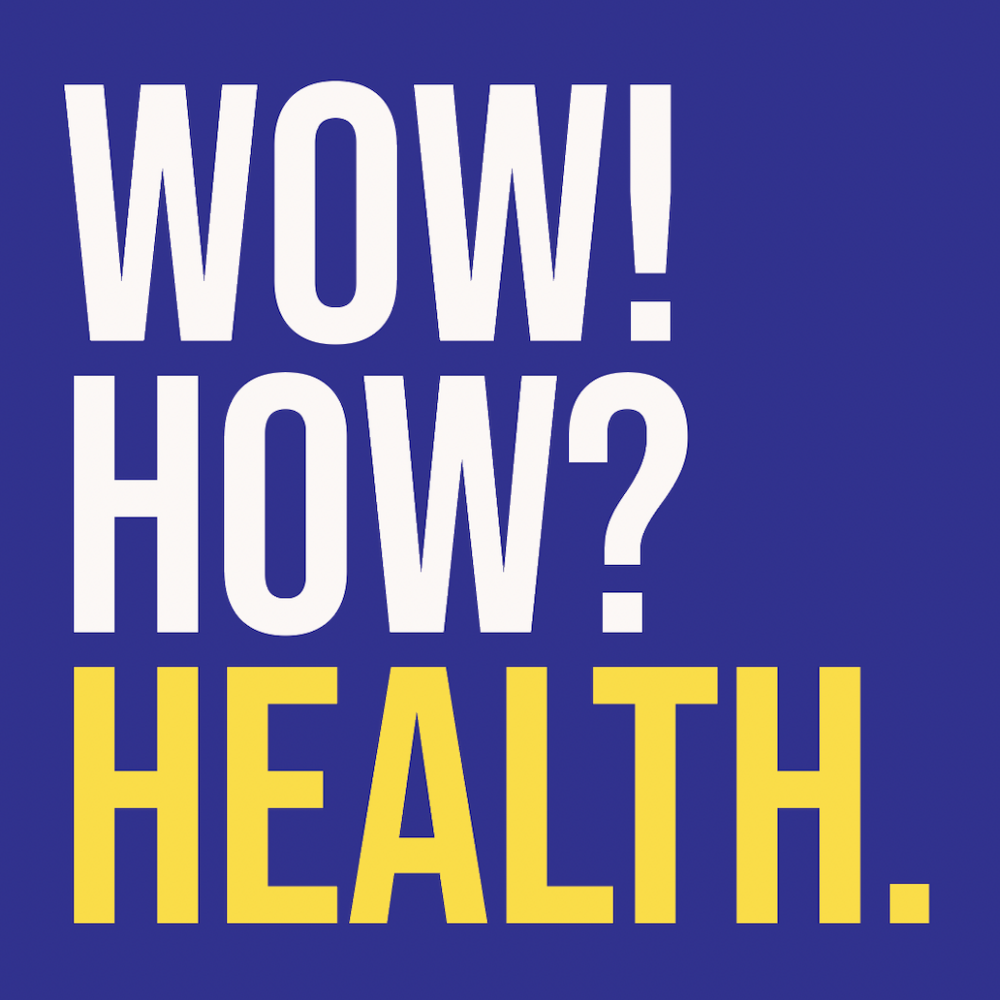
The swirl of holiday parties, family gatherings, and gift shopping expeditions (online and offline) have me feeling overwhelmed. And I know I’m not alone.
Thanks to the 2023 ARCHANGELS Caregivers & Holidays Survey we have data on a key group of people:
- Financial Strain: 1 in 2 caregivers say caregiving will impact what they can spend, no matter their income level.
- Mental Health Alert: 40% of all caregivers are concerned for their mental health this holiday season.
- Holiday Escape: A quarter of unpaid caregivers would prefer to just skip the holidays all together this year. This goes double for those who are “in the red” (meaning they are experiencing the highest level of caregiving intensity).
- Wish List for Support: Caregivers reported the three top opportunities to reduce holiday stress are: mental health support; hands on help from family/friends/community; and help with all things financial.
- A Bright Spot: Even with all of the challenges, 72% of caregivers expect the holidays to bring them joy.
Take a moment to think about who in your life is going through a tough time. Who has been helping their mother downsize? Who has been driving their spouse to treatments? Who has been sitting vigil by a hospital bed? What can you do to lift a burden from their shoulders, even for a moment?
Instead of giving five gold rings – not that I don’t love jewelry – I propose that this holiday season we all absorb the lessons of the Ring Theory of illness, created by Susan Silk and Barry Goldman:
“Draw a circle. This is the center ring. In it, put the name of the person at the center of the current trauma…Now draw a larger circle around the first one. In that ring put the name of the person next closest to the trauma… Repeat the process as many times as you need to. In each larger ring put the next closest people. Parents and children before more distant relatives. Intimate friends in smaller rings, less intimate friends in larger ones. When you are done you have a Kvetching Order.”
If you know someone who is going through a health crisis, visualize them at the center of concentric rings. You are in one of those outer rings. Your role is to provide support, not complaints, critique, or even well-meaning, unsolicited suggestions. As Silk and Goldman summarized it: Comfort in, dump out.
How else are you showing up for the patients, survivors, and caregivers in your life? What other gifts of service can you share? Comments are open.
Leave a Reply